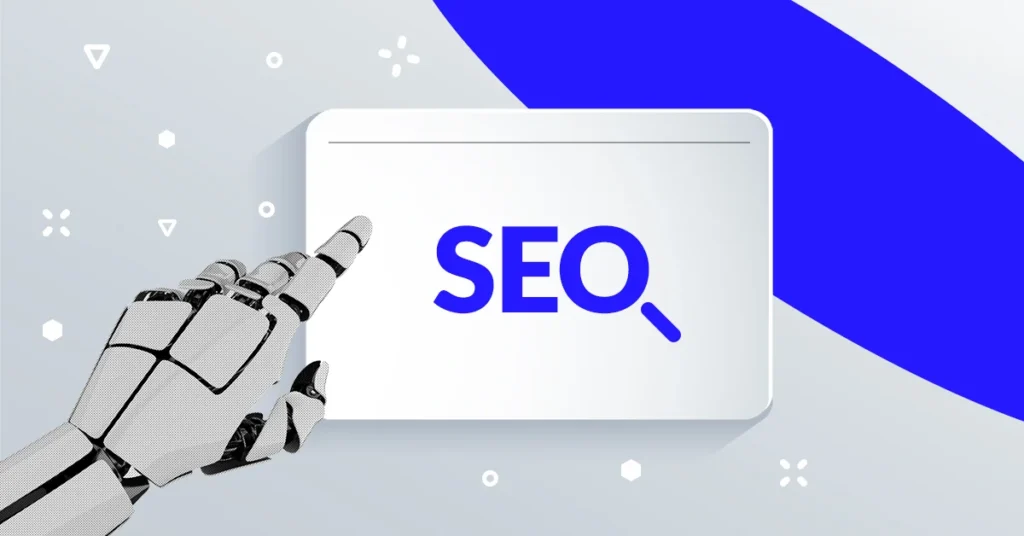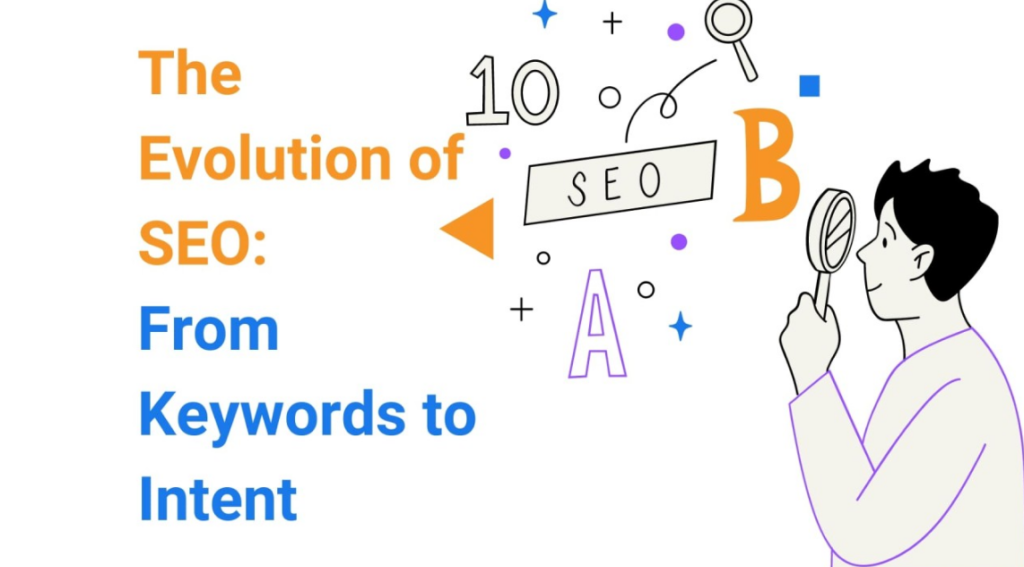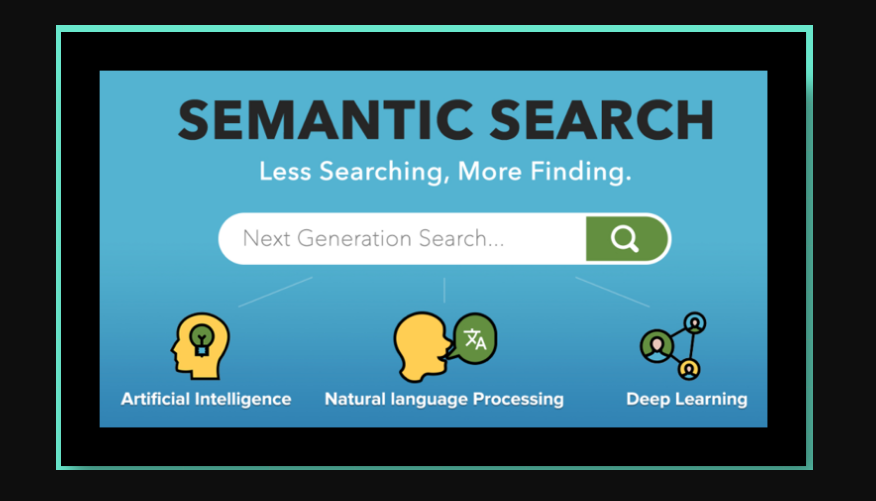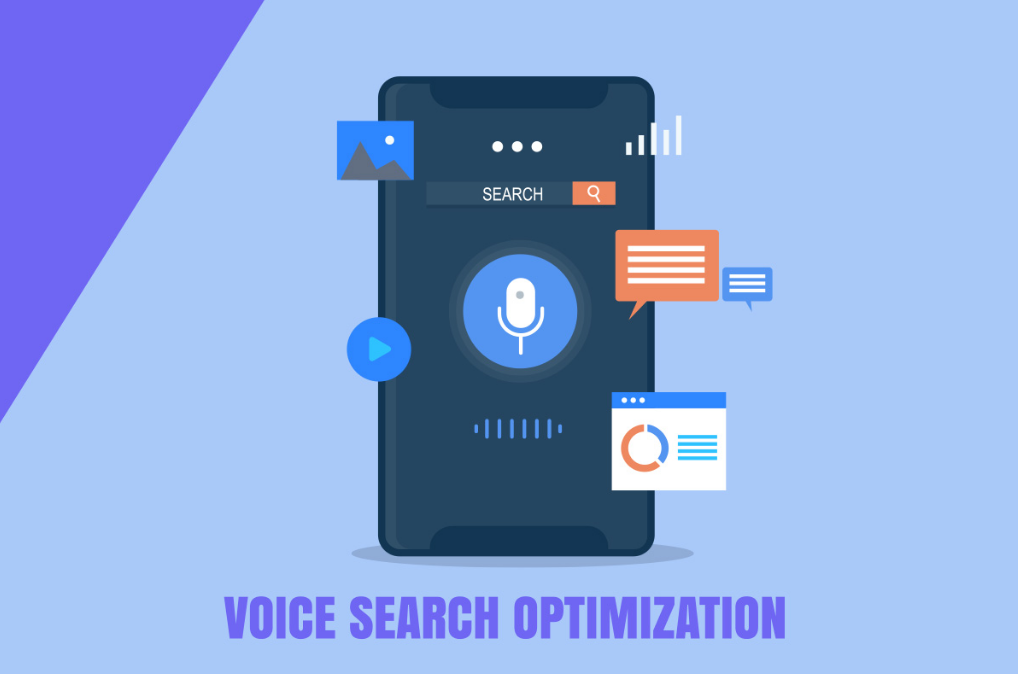As technology continues to grow, AI is transforming SEO and dominating every industry. Consequently, old SEO tactics are becoming history, making experts consider changing their strategies. They are leveraging AI in their SEO efforts to drive accurate results in less time.

Do you know how AI is transforming the SEO dynamics? This detailed guide will explain everything you need to know
Evolution of Search
There was a time when experts stuffed content with keywords to accomplish higher search engine rankings. With the evolution of Google, those days are long gone, as Google requires you to follow the search intent. It is because search engines evolved to know the reason behind user queries. This trend resulted in finding out keywords that are meeting user intent.

Nowadays, Search engine optimization revolves around users’ needs and demands. It requires you to include area-based services and recommendations.
Semantic Search
Semantic research involves user-generated, emotional writing and data analytics. It focuses on providing detailed and accurate insights that align with EEAT updates for more trustworthiness.

Although keyword research remains an essential tool for the highest rankings, it has become a part of the strategy. The bigger picture requires you to create user interactions and remain on top in the digital world.
For instance, google Bert algorithm understands audience intent through natural language processing. This is a huge jump from keywords matching to predictive context-aware results.
Key Ways AI is Transforming SEO
Enhanced Keyword Research and Analysis
AI-powered tools like Ahrefs, SEMrush, and Google’s RankBrain analyze vast amounts of data to identify relevant keywords, search intent, and user behavior patterns. This enables marketers to optimize their content with precision, targeting the right keywords that resonate with their audience.
AI-powered tools such as Ahrefs, SEMrush, and Google’s RankBrain are revolutionizing the way marketers approach SEO. By analyzing vast amounts of data, these tools uncover relevant keywords, search intent, and user behavior patterns.
This allows marketers to optimize their content with pinpoint accuracy, ensuring they target the right keywords that resonate with their audience.
Additionally, these tools provide insights into competitors’ strategies, helping marketers to stay ahead in the competitive landscape. The result is a more effective SEO strategy that drives traffic, increases engagement and boosts conversions.
Content Creation and Optimization
AI-driven platforms such as Jasper and Writesonic assist in generating high-quality content that is not only SEO-friendly but also engaging and informative. These tools use NLP to understand context, tone, and structure, ensuring the content meets user needs and search engine algorithms.
However, it is suggested to produce user-generated content for the audience. It is because AI-written content lacks the emotional touch that a user is looking for.
In addition to leveraging AI-driven platforms like Jasper and Writesonic for content creation, it’s crucial to blend human insight and creativity into the mix. AI tools excel at optimizing for SEO and generating well-structured content rapidly.
However, incorporating user-generated content adds an authentic and relatable dimension, resonating more deeply with the audience. This human touch helps to build trust and fosters a stronger connection with reader.
Personalized User Experience
AI algorithms analyze user data to deliver personalized experiences, tailoring content and recommendations to individual preferences. This enhances user engagement and satisfaction, leading to improved SEO performance as search engines prioritize user-centric content.
Voice Search Optimization
With the rise of voice-activated devices like Amazon’s Alexa and Google Home, optimizing for voice search is crucial. AI helps in understanding natural language queries, enabling websites to optimize for conversational keywords and improve their chances of ranking in voice search results.

- Local SEO Enhancement: Voice search queries often include phrases like “near me” or specific locations, making local SEO more important.
- Featured Snippets and Quick Answers: Voice search devices frequently pull responses from featured snippets or quick answers on search engines.
- Mobile-Friendly Design: Since many voice searches are conducted on mobile devices, having a mobile-friendly website is essential. A responsive design, fast loading times, and easy navigation ensure a better user experience, which can positively impact voice search rankings.
Predictive Analysis
AI’s predictive abilities help marketers forecast search trends and user behaviors. By analyzing past data with machine learning, businesses can fine-tune their SEO strategies. This proactive approach ensures they stay competitive. Predictive analysis allows for better planning and adaptation to market changes. It also enhances the effectiveness of marketing efforts. Overall, it provides a significant advantage in staying ahead of industry trends.
| Point | Description |
| Forecasting Search Trends | AI helps predict what users will search for, allowing marketers to optimize content in advance. |
| Understanding User Behavior | By analyzing past behaviors, AI can anticipate future actions, tailoring strategies accordingly. |
| Proactive SEO Adjustments | Businesses can refine their SEO strategies ahead of time, maintaining a competitive edge. |
| Enhanced Marketing Effectiveness | Predictive analysis leads to more efficient and effective marketing campaigns. |
| Competitive Advantage | Staying ahead of trends ensures businesses remain leaders in their industry. |
Automation of SEO Tasks
AI automates repetitive SEO tasks such as technical audits, backlink analysis, and performance tracking. Tools like Screaming Frog and DeepCrawl streamline these processes, saving time and ensuring accuracy in identifying and resolving SEO issues.
Conclusion
The integration of AI in SEO is a game-changer, offering unparalleled opportunities for businesses to enhance their online presence and achieve higher rankings. By leveraging AI technologies, marketers can gain deeper insights into user behavior, optimize content with precision, and deliver personalized experiences that drive engagement. As AI is transforming SEO, its impact will only grow, making it essential for businesses to stay updated with the latest advancements and incorporate AI-driven strategies into their SEO efforts.
Read more : Power of AI in Customer Engagement for Furniture Stores
Read more : How to Measure the Impact of Your Digital Marketing Strategy
FAQs
AI improves keyword research by analyzing vast amounts of data to identify relevant keywords, search intent, and user behavior patterns, enabling precise optimization of content.
Yes, AI-powered platforms like Jasper and Writesonic assist in generating high-quality, SEO-friendly content that is engaging and informative, using natural language processing to understand context and structure.
AI enhances user experience by analyzing user data to deliver personalized content and recommendations, improving engagement and satisfaction, which positively impacts SEO performance.
Voice search optimization is crucial due to the rise of voice-activated devices. AI helps understand natural language queries, enabling websites to optimize for conversational keywords and improve ranking in voice search results.

Alex Mitch
Welcome to my blog! With over 10 years in digital marketing , I’ve seen its incredible impact on smaller businesses. Join me as we explore how digital marketing can grow your audience and boost your business. Whether you’re an experienced entrepreneur or just starting out, you’ll find practical tips and insights to enhance your digital marketing strategies.





